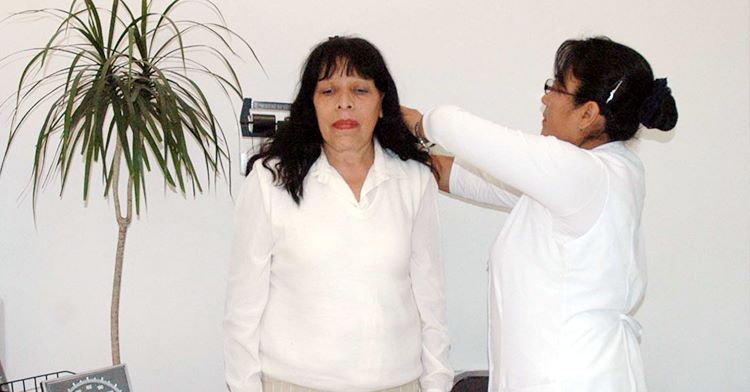Embracing the Climacteric Period: A Guide to Navigating Menopause and Beyond
Learn about the climacteric period, including premenopause, menopause, and postmenopause, and understand why it is not a limitation but a growth in a woman's life. Explore the age of onset, symptoms, and medical care during this natural transition.





